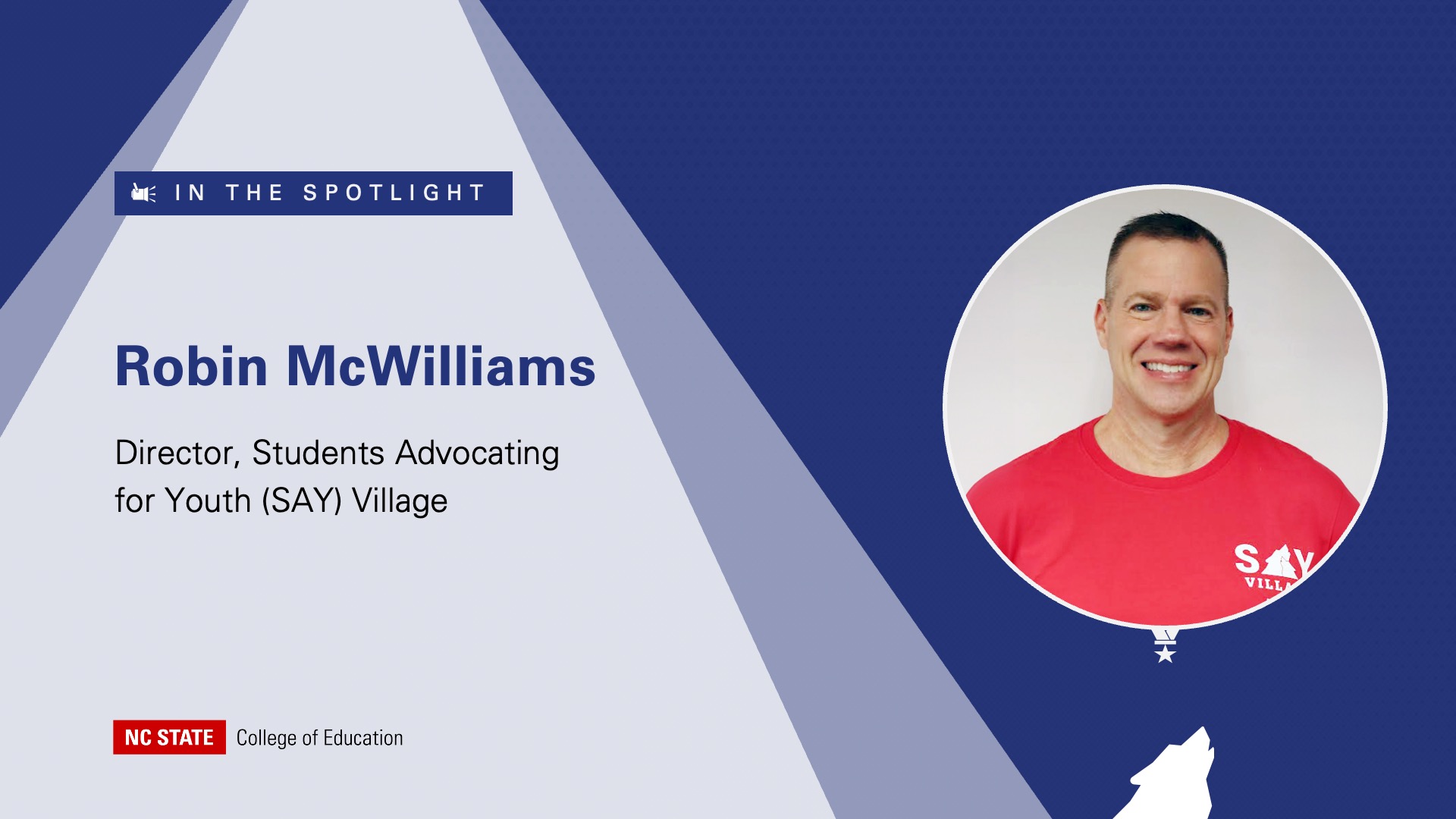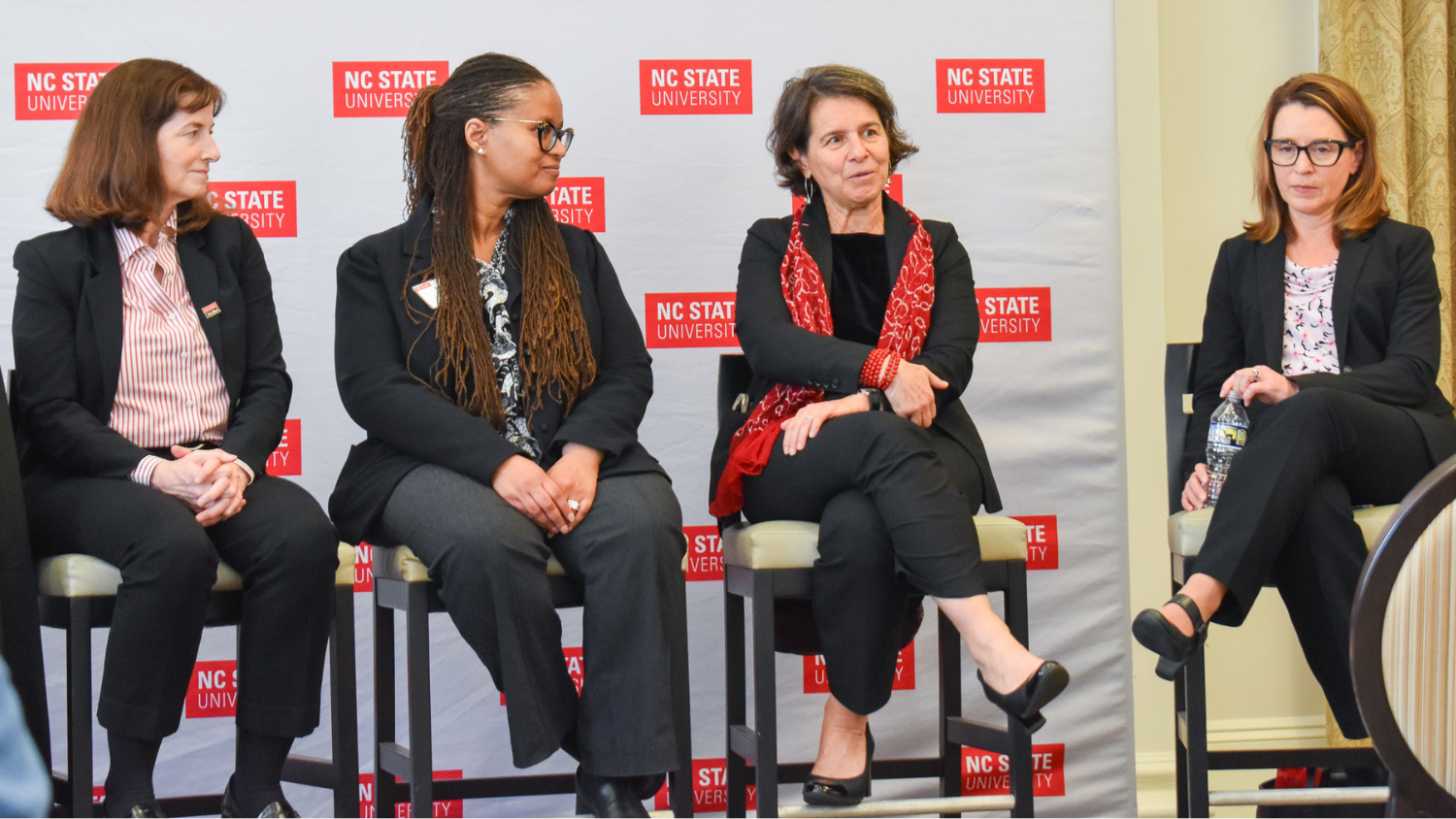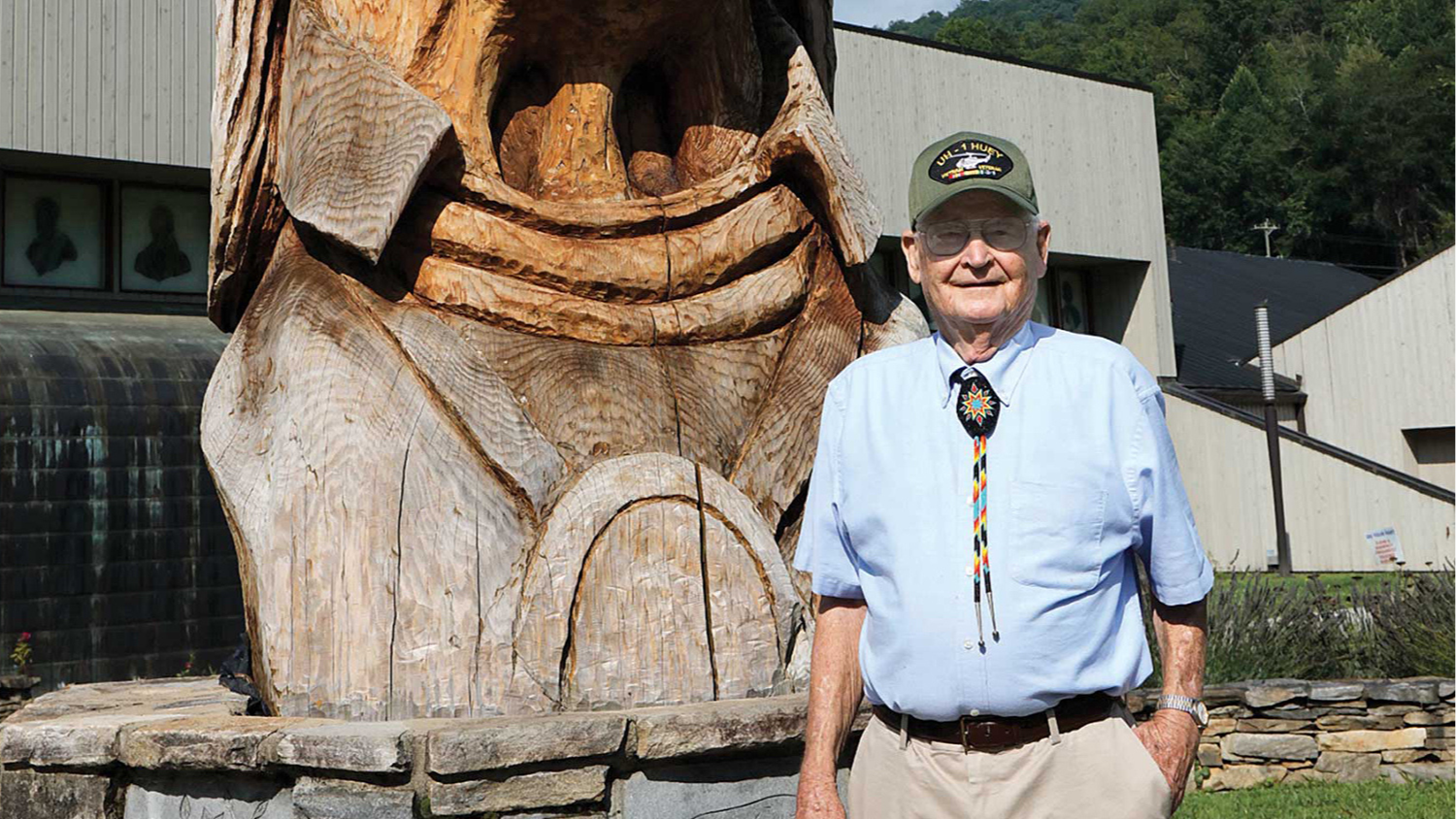4 Projects from College of Education Faculty Featured in 2021 STEM For All Video Showcase

Four videos from NC State College of Education faculty are featured at the National Science Foundation’s 2021 STEM For All Video Showcase, which will be held virtually from May 11-18.
The annual online event will feature more than 250 three-minute video presentations from federally funded projects that aim to improve science, technology, engineering and mathematics (STEM) and computer science education. The theme for this year’s event is “COVID, Equity & Social Justice.”
During the seven-day online event, practitioners, researchers, administrators, policy makers and the public at large can view the videos, post to discussion boards related to each video and vote for the videos that are most effective in conveying the creative work being done.
You can read more about the projects from College of Education faculty below. Videos can be viewed and voted for on the STEM for All Video Showcase website here.
“Supporting Equitable Participation and Access”
This presentation from Assistant Professor Jonee Wilson, Ph.D., and Associate Professor Temple Walkowialk, Ph.D., highlights a new measure that is being developed to capture practices that support traditionally underserved students in gaining access to and more equitably participating in rigorous mathematical activity in elementary and middle school classrooms.
The measure is being developed as part of the Validation of the Equity and Access Rubrics for Mathematics Instruction (VEAR-MI) project, which is funded by a four-year, $2.3 million grant from the National Science Foundation.
“I anticipate that knowledge generated from this work has the potential to influence the ways pre-service teachers are prepared, the ways in-service teachers are trained and the ways mathematics education researchers investigate questions concerning issues of equity and access, particularly as they relate to instruction,” Wilson said.
[button] View the Video [/button]
“Collective Research Spread: Project All Included in Mathematics Expansion and Dissemination”
This presentation from Professor Paola Sztajn, Ph.D., shares the work of Project AIM, a professional development program that promotes high-quality mathematics discourse in elementary school classrooms.
The video is organized around the Math Discourse Matrix, which introduces four dimensions of discourse — questioning, explaining, listening and using multiple modes of communication — and discusses the importance of these dimensions for mathematics teaching and learning.
The project team suggests that keeping a focus on the four dimensions is important as teachers transition to different learning environments with more online instruction and share examples from partner elementary school teachers who used Project AIM’s dimensions during the transition to remote learning to engage their elementary students in high-quality mathematics discourse.
[button] View the Video [/button]
“Innovation Challenges for Middle School Mathematics in a Digital Learning System: Student Participation Impact on Achievement, Affect, and STEM Career Interest”
This presentation from Assistant Professor Erin Krupa, Ph.D., and College of Education Research Associates Michael Belcher ’20PHD and Josh Mannix ’23PHD highlights the Design & Pitch Challenges in STEM — a curricular framework that situates middle grades mathematics learning in entrepreneurial pitch competitions.
The research focuses on how entrepreneurship can increase students’ excitement and interest in STEM to support rich mathematics learning. STEM challenges help students understand that their cultural experiences are integral to creating ideas that can address problems in their communities and empower students to enact change using math.
“Through engaging with our entrepreneurial challenges, we want students to develop characteristics for success in their real-world careers. We want to cultivate an experience where students realize the potential of entrepreneurship as a valuable career pathway that can help them identify a problem they are interested in and innovate a solution,” said Krupa
[button] View the Video [/button]
“Supporting Elementary Teacher Learning for Effective School-Based Citizen Science (TL4CS)”
This video from Associate Professor Sarah Carrier, Ph.D., focuses on the Teacher Learning for Citizen Science project, which is funded by a four-year, $1.9 million grant from the National Science Foundation.
Citizen science projects have the potential to engage elementary school students in collecting, analyzing and making sense of data to answer authentic scientific questions. The projects also engage students in nature, inspire their curiosity and interest in STEM and support connections between formal science education and authentic science experience in the real world.
School-based citizen science can broaden participation in STEM by making science instruction more inquiry based and activity oriented, but projects typically do not include substantial guidance or support for teachers who want to use them. This study aims to generate knowledge about the types of teacher learning that enable citizen science to fulfil its potential for student learning and engagement with nature and the types of support that promote such teacher learning.
[button] View the Video[/button]
- Categories:


